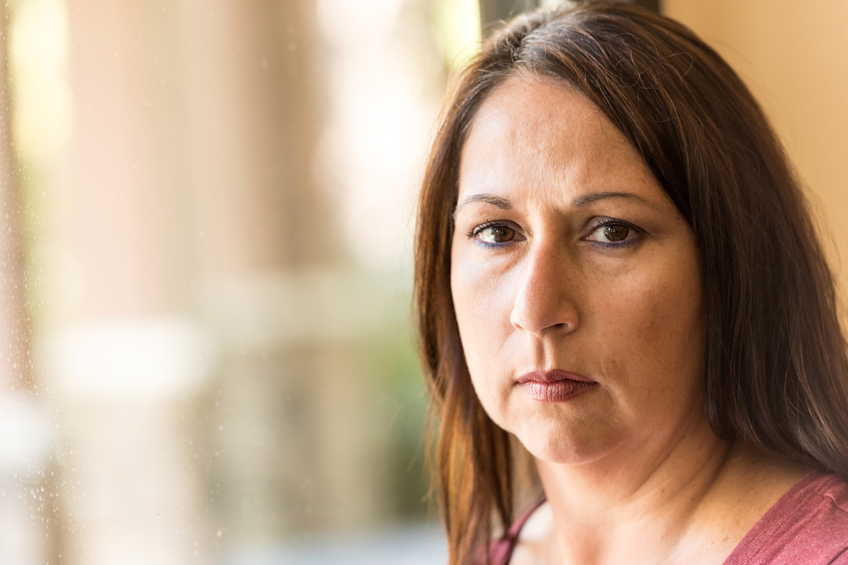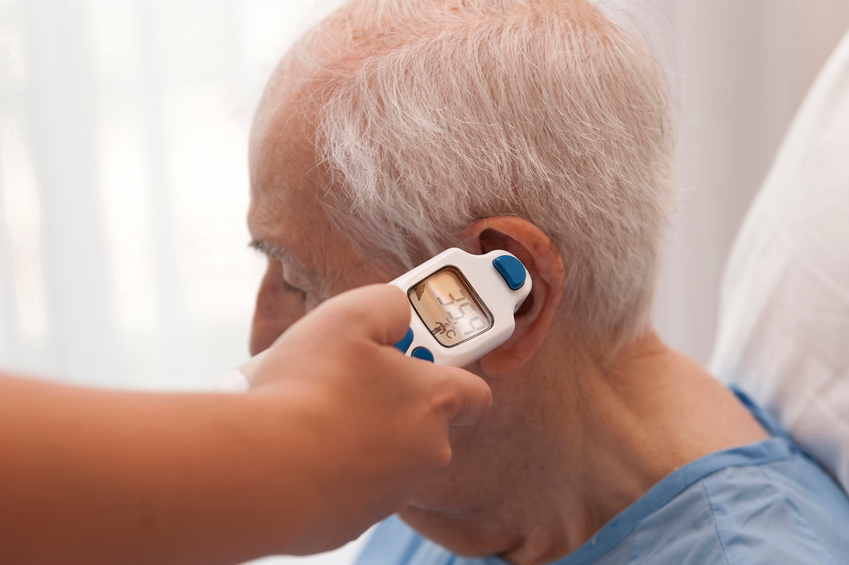Adult Sepsis



Description
This session covers non pregnant adults and children aged 12 years and over. It is aimed at all out of hospital clinicians, GPs, Nurses, Paramedics, Community Midwives and those providing urgent or unscheduled care. It will cover the subtle ways in which sepsis may present and highlight the history, examination and the management of the patient with sepsis. This session has been uptated to reflect the changes in NEWS2 2017 and will be referred to throughout this session.
Learning Objectives
By the end of this session you will be able to:
-
Describe various ways patients with sepsis may present and what to cover in the history
-
List the structured set of observations to support clinical decision making and to help stratify risk
-
Recall common pitfalls in diagnosis
-
Identify which patients with sepsis are highest priority for urgent admission and know about the early management of the patient with sepsis
Sepsis is a clinical syndrome when the immune system is switched on in response to infection. This response can be overwhelming and may lead to multi-organ failure.
Sepsis with shock is life threatening as the hypotension does not respond to fluids alone. Signs and symptoms may be very non-specific and can easily be missed especially since people with sepsis may not have an obvious history of infection, and fever is not present in all cases.
Alison Tavaré (MBChB FRCGP MSc DRCOG) is a Bristol GP and the Primary Care clinical lead with the 'Deteriorating Patient' team at the West of England Academic Health Science Network.
As the GP member of the NICE Guidelines Development Group for sepsis, Alison first became involved with the West of England AHSN to raise awareness of sepsis amongst her GP colleagues, but this evolved with the use of NEWS (National Early Warning Scores) to support the identification and management of the sick patient. This work has been a regional and system wide collaboration between primary care, out of hours, the ambulance service, and the acute trusts, and has resulted in a measured reduction from mortality from 'suspicion of sepsis'. The team have won the BMJ Awards 2018 'Patient Safety Team of the Year' and the HSJ 2018 Patient Safety award for the 'Deteriorating Patients and Rapid Response Systems'.
The 'Deteriorating Patient' team are now involved in supporting the national adoption and spread of NEWS2 out of hospital and in addition are working closely with NHSE to develop a regional strategy to improve outcomes for people with learning disability.


- End of Life Care | Specialist care | Intrathecal d...
- Posted By eIntegrity Healthcare e-Learning
- Posted Date: 2025-01-10
- Location:Online
- This session provides an overview of intrathecal drug delivery (ITDD) for the management of cancer pain. It aims to enhance the understanding of which patients may benefit from this approach and the principles which govern the safe use of ITDD systems. It
- End of Life Care | Specialist care | I'm not lovea...
- Posted By eIntegrity Healthcare e-Learning
- Posted Date: 2025-01-10
- Location:Online
- This session explores the concerns patients and their partners may have about intimacy and sex when approaching the end of life. It examines the challenges this raises for professionals and how most effectively to approach the topic. This session was revi
- End of Life Care | Specialist care | Heart failure...
- Posted By eIntegrity Healthcare e-Learning
- Posted Date: 2025-01-10
- Location:Online
- This session has been written by a multidisciplinary group of cardiology and palliative care specialists to help palliative care clinicians become more confident with managing patients with heart failure and knowing when to liaise with heart failure servi
- End of Life Care | Specialist care | End-of-life c...
- Posted By eIntegrity Healthcare e-Learning
- Posted Date: 2025-01-10
- Location:Online
- This session explores the issues presented by end-of-life care in the context of homelessness. The scenario used in the session reflects the complexities that usually exist when caring for a people experiencing homelessness. This session was reviewed by W
- End of Life Care | Spiritual care | Understanding ...
- Posted By eIntegrity Healthcare e-Learning
- Posted Date: 2025-01-10
- Location:Online
- This session considers the meaning of spiritual need and distress. It also addresses how to assess the spiritual needs of those receiving end-of-life care, and when and how this can be achieved. This session was reviewed by Andrew Martin and Richard Kitch







